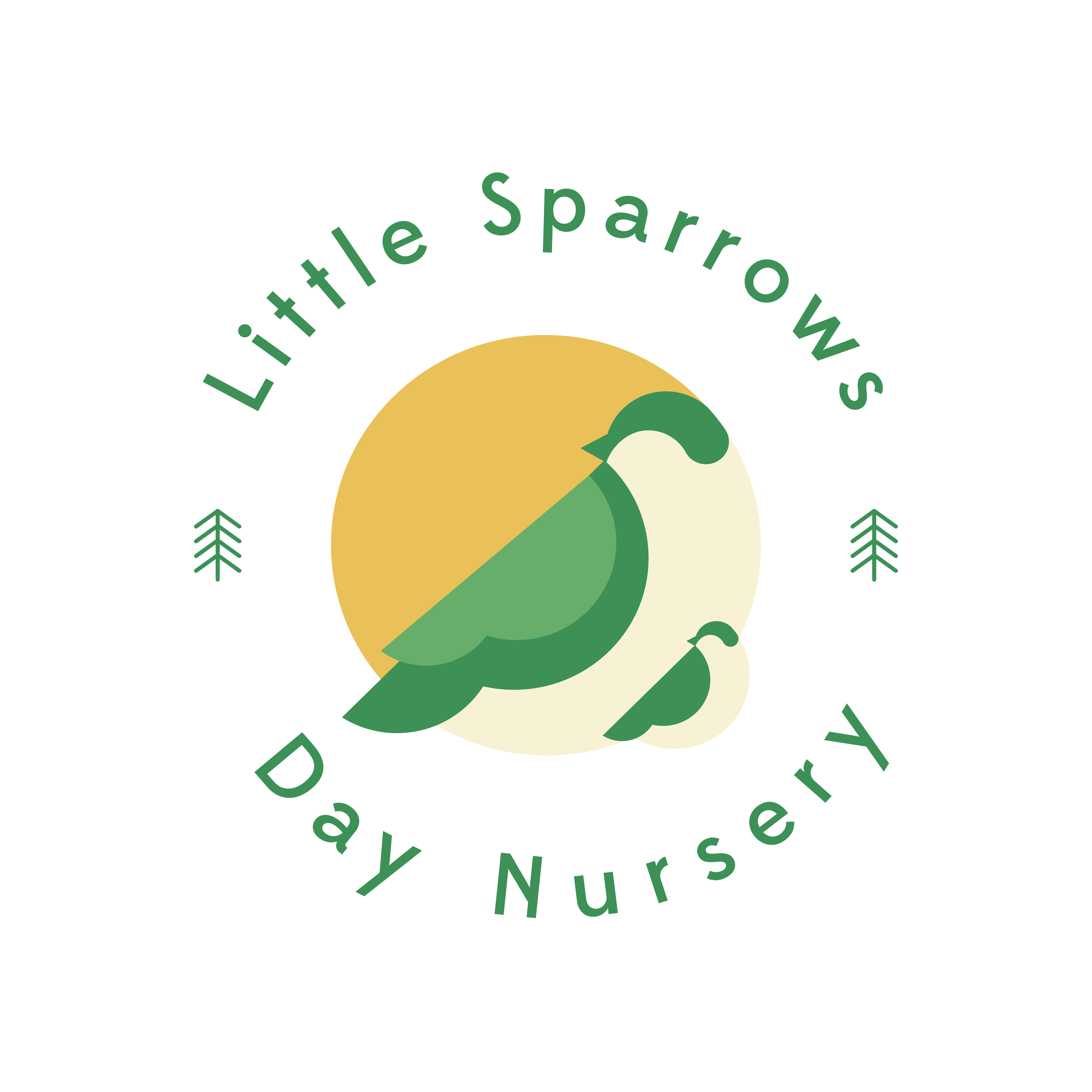INDEPENDENCE, RESILIENCE & RISK TAKING - Team Training
- Little Sparrows

- Sep 18, 2023
- 2 min read
Updated: Oct 13, 2023
This month we've been recapping on some of our Nursery values: INDEPENDENCE, RESILIENCE & RISK TAKING!
INDEPENDENCE
"HELP ME DO IT MYSELF" - Giving just enough support to help children do things for themselves such as putting their shoes the right way round or starting the zip for them on their coat so they can pull it up.
Enabling the environment such as safety steps so they can reach the sink to wash their own hands or to stand on to help prepare food in the kitchen.
Having the expectation that babies and toddlers can do things for themselves and taking the time to guide them when they are learning how to do - putting on their t-shirt, pouring their own drinks or using a child friendly knife to chop up their banana to put in their yoghurt.
RESILIENCE (also develops perseverance)
The ability to bounce back from stress or challenges!
Using a matter of fact tone helps give children security that they are okay "Oh you've fallen down! Let's try again"
Encouragement to keep trying "Let's try again! Oh you nearly had it that time!"
Giving empathy where it's due & avoiding a generic "You're okay" - when they aren't ok! "Are you feeling a bit sad because you've fallen down? Will a cuddle help?"
Praising efforts, not how smart your child is. Praising the effort of trying helps children understand how they achieved something. "It was tricky but you kept on trying. Good perseverance!" rather than "you're so smart"
Highlight when things are going well "Oh you did the first part, you're doing really well"
Role modelling positive thoughts to help that little internal voice be a positive one.
Encouraging your child to help friends and family members.
Encouraging your child to problem solve and resolve conflicts "Ok so let me check I understand.. this is the problem... hmm how could we solve this?"
RISK TAKING An important part of resilience is risk taking. Children learn how to overcome emotions such as fear, anxiety and stress. They build confidence in giving things a try, they learn how to manage risk and keep themselves safe, they can problem solves and work things out.
How can we support this?
Think about what we say and what our body language says. 80% of our communication is non verbal so how we look, stand and our facial expressions are just as important as what we say.
Children are generally good as managing their own risk so instead of "that's too high, be careful" try "How high do you think you can climb today?"
Pointing out "be careful" doesn't help children learn how to manage their risk. Pointing out the risk is more helpful such as "You could fall her, so hold on" or "It's wobbly so put your feet here" or "It's high here, you could fall" or "Show me how you can be careful"




Comments